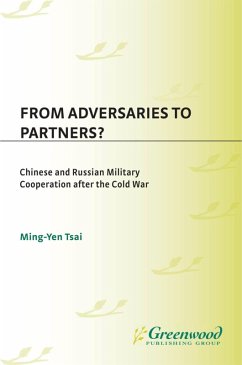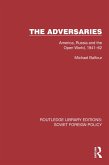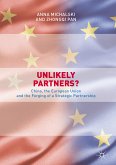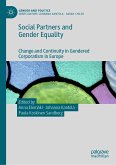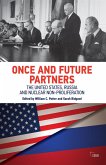When China and Russia established a strategic partnership in 1996, both nations declared that they would further develop military cooperation in various fields. Tsai examines the course of this military cooperation to reveal the nature of the military ties with the hopes of determining whether these two traditional adversaries have put aside historical legacies and mutual mistrust to create a full-fledged military partnership. After analyzing the motives and concerns of both powers, Tsai concludes that, while progress has been made in reducing military tensions in border regions, the level of trust has not increased substantially. The nature of these ties remains extremely fragile. Among Western analysts, there has been concern that a closer partnership might adversely affect U.S. interests in the region. China and Russia have developed cooperation in certain areas, such as arms transfers and military-technical cooperation, and these achievements have successfully reduced political tension. However, reciprocal threats against each other's territories and China's increasing ambitions and capacity to act as a great military power in the region could eventually become a major source of friction. Based on research in both Chinese and Russian, this study offers a comprehensive analysis on the development of and limits to this military cooperation.
Bitte wählen Sie Ihr Anliegen aus.
Rechnungen
Retourenschein anfordern
Bestellstatus
Storno

